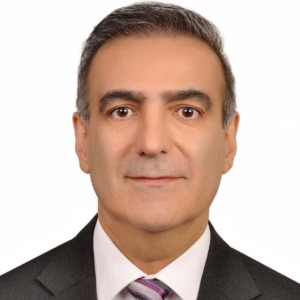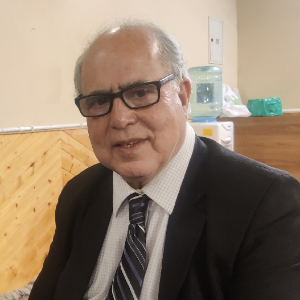Cataract and Anterior Segment Surgery
Improving vision through surgical correction of cataracts remains one of the most transformative achievements in eye care. Innovations in cataract and anterior segment surgery now allow ophthalmologists to offer faster recovery, smaller incisions, and greater precision through techniques such as femtosecond laser-assisted cataract extraction and image-guided intraocular lens placement. Beyond cataracts, anterior segment surgery addresses corneal, iris, and lens abnormalities, offering therapeutic and cosmetic solutions. Premium intraocular lenses provide patients with options to correct astigmatism and presbyopia simultaneously. The integration of optical coherence tomography into surgical microscopes is enhancing intraoperative decision-making. As technology advances, patient expectations for visual quality and safety rise, emphasizing the importance of ongoing surgical training and personalized care. The field continues to evolve with bioengineered implants and adaptive optics, pushing boundaries in restoring functional vision.

Tim Jackson
King’s College London, United Kingdom
Shadrokh Nabili
University Hospitals of Morecambe Bay NHS Foundation Trust, United Kingdom
Anna Maria Bassi
University of Genoa, Italy
Pio Conti
University of Chieti, Italy
Gowhar Ahmad
Florence Hospital Srinagar, India
Hyungju Park
Gangnam Tokyo Eye Clinic, Korea, Republic of




Title : Rare and interesting case of Goldenhar’s syndrome in a 3 years old male child
Gowhar Ahmad, Florence Hospital Srinagar, India
Title : Management of common vitreoretinal lesions: An overview and update
Tim Jackson, King’s College London, United Kingdom
Title : Optimizing astigmatism management in refractive cataract surgery
Shadrokh Nabili, University Hospitals of Morecambe Bay NHS Foundation Trust, United Kingdom
Title : Comparative outcomes of a newly modified trabeculectomy versus conventional trabeculectomy
Hyungju Park, Gangnam Tokyo Eye Clinic, Korea, Republic of
Title : Lumevoq gene therapy in leber hereditary optic neuropathy
Magali Taiel, GenSight Biologics, France
Title : Intra orbital wooden foreign bodies: A retrospective study of 30 cases
Chandana Chakraborti, Regional Institute of Ophthalmology, Medical College & Hospital, India